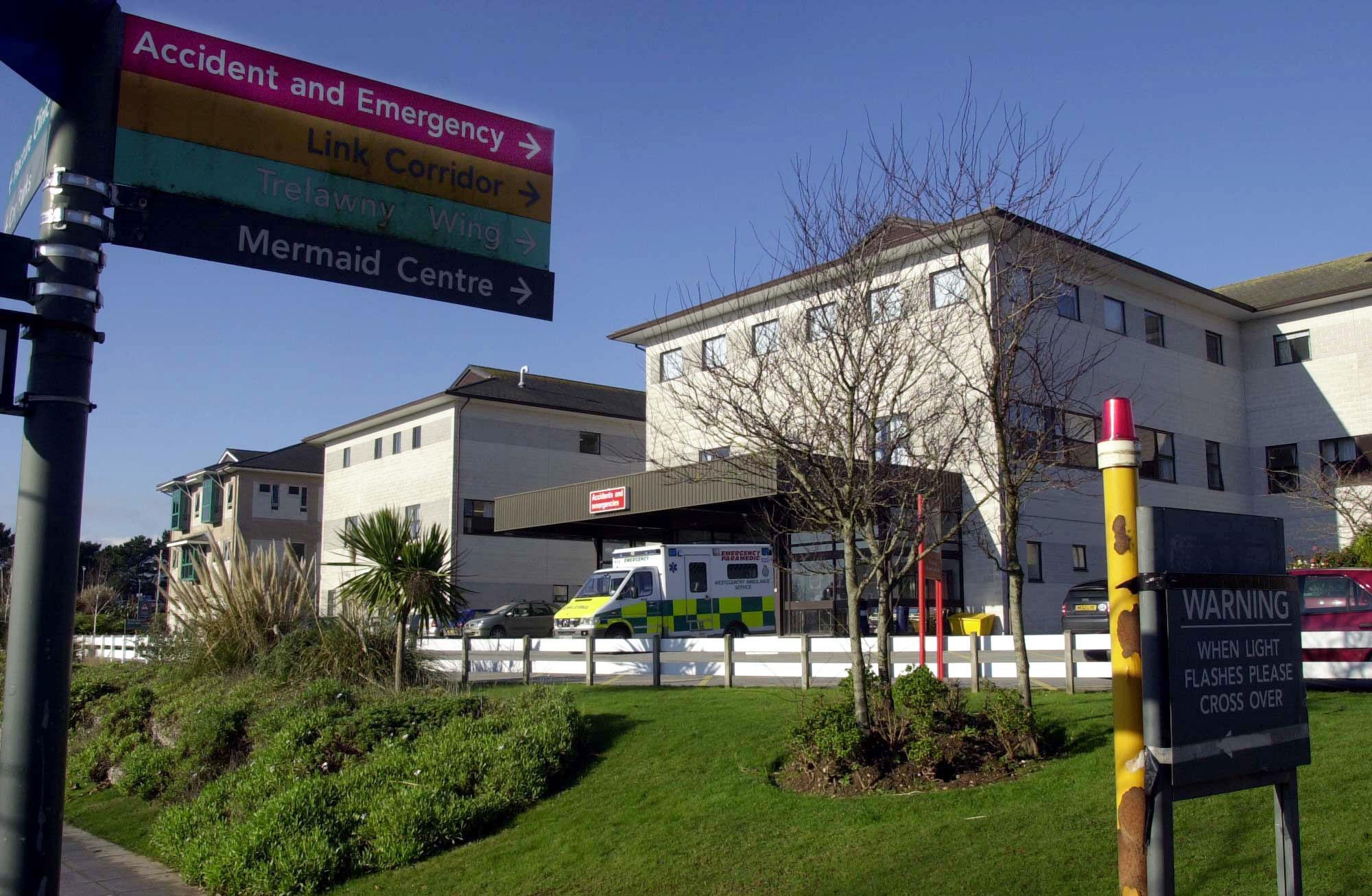Medics who delayed giving antibiotics to child with sepsis feared kidney damage
Coco Rose Bradford died in 2017 from sepsis, an inquest has heard.

Your support helps us to tell the story
From reproductive rights to climate change to Big Tech, The Independent is on the ground when the story is developing. Whether it's investigating the financials of Elon Musk's pro-Trump PAC or producing our latest documentary, 'The A Word', which shines a light on the American women fighting for reproductive rights, we know how important it is to parse out the facts from the messaging.
At such a critical moment in US history, we need reporters on the ground. Your donation allows us to keep sending journalists to speak to both sides of the story.
The Independent is trusted by Americans across the entire political spectrum. And unlike many other quality news outlets, we choose not to lock Americans out of our reporting and analysis with paywalls. We believe quality journalism should be available to everyone, paid for by those who can afford it.
Your support makes all the difference.Doctors treating a six-year-old who died of sepsis delayed prescribing antibiotics for fear of worsening her chronic kidney condition, an inquest has heard.
Coco Rose Bradford, who had autism, died on July 31 2017 after being admitted to the Royal Cornwall Hospital, known as Treliske Hospital, with severe vomiting and diarrhoea on July 25.
Her family said staff were “dismissive, rude and arrogant,” and an independent inquiry completed in 2018 found several opportunities were missed that could have changed the course of treatment.
Dr Laura Guilder, who was the registrar on the night shift at Treliske when Coco was first referred to the paediatric ward on July 26, said the little girl had a working diagnosis of bacterial gastroenteritis.
They couldn’t give me that assurance and they wanted to discuss it with a consultant
She told an inquest in Truro that Coco had a raised heart rate and was “bordering on shock”, and had paid close attention to her fluid levels to ensure perfusion – adequate blood flow – to her organs.
Dr Guilder said she had been “cautious and measured” in her approach to delivering intravenous fluids, for fear the patient could develop kidney problems.
The witness said she was also concerned that if fluids were delivered too fast, Coco’s blood vessel could collapse, and a new canula would have to be inserted.
Dr Guilder said she knew the patient was at risk of developing haemolytic uraemic syndrome (HUS) – a rare condition triggered by E.coli that causes the destruction of red blood cells.
She said that by the end of her shift, Coco’s condition had improved, adding that when she returned the following evening the child seemed “brighter” and had no symptoms of sepsis.
The inquest heard that antibiotics can facilitate the development of HUS, but that they might still be considered depending on advice from renal and microbiology specialists.
Dr Guilder said due to the child’s ongoing raised heart rate and temperature, senior colleagues had said antibiotics should be considered if there was no evidence of HUS overnight.
But at 11pm on July 27, blood tests revealed Coco’s blood cells were fragmenting.
When asked why at that point she had not proceeded with antibiotics, the witness said: “Our reasoning for not covering with antibiotics was we were concerned about not worsening the HUS.
“We would have been happy to give them if the renal team felt it would not make it worse, but they couldn’t give me that assurance and they wanted to discuss it with a consultant.”
She said “looking back” she would always ask herself why she hadn’t chased up the renal team for an answer about the antibiotics when she had not had a response within a couple of hours.
Dr Guilder added that she would “always question” whether Coco’s life would have been saved if antibiotics had been prescribed earlier, but at that point her kidney condition rather than sepsis was the primary concern.
She said that the possibility of sepsis had been considered “at all points” in Coco’s treatment.
The witness was also asked by the coroner, Andrew Cox, whether the delay by staff at the Treliske in moving Coco to a high-dependency paediatric ward in Bristol was an example of a cultural problem within the hospital.
Mr Cox asked whether, due to its remoteness, staff at Treliske felt “we need to stand on our own two feet because we can’t rely on anyone else”.
But Dr Guilder said she believed medics had always been able to reach out for support and advice from other hospitals if it was needed.
Among the missed opportunities identified by the inquiry was the fact Coco’s blood pressure was not taken for 36 hours after she was admitted to hospital.
Nurse Sophie Griffith told the inquest she had tried repeatedly to take Coco’s blood pressure, and had tried fitting the cuff around both her arms and her leg, but that the little girl had become distressed and taken it off.
In her notes, she described the patient as “uncooperative” – for which Coco’s family has fiercely criticised the hospital.
Rachel Bradford said in a statement staff had blamed her daughter for their errors, adding that Coco had been distressed and “was in a terrible amount of pain and she was dying in front of our eyes”.
Nurse Griffith apologised for her use of language in her notes.
The inquest, which is due to last until December 10, continues.